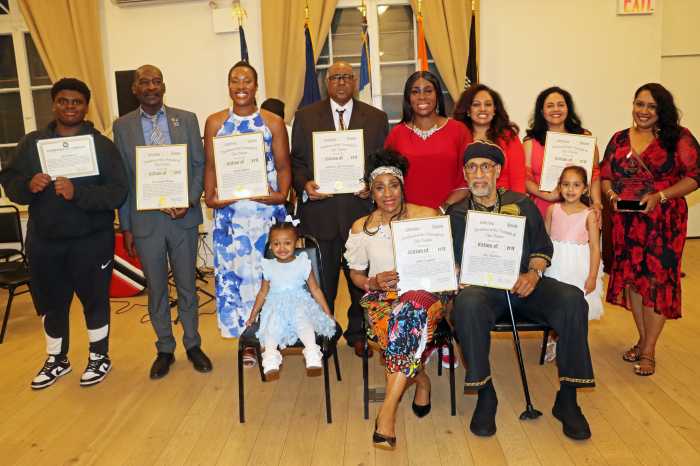Well it has reached to the stage where some members of the business community in Trinidad want authorities to resume hanging to combat violent crime and a spate of home invasions, while others are calling for emergency measures to be imposed.
As fear stalks the land in Trinidad, a number of regional chambers of commerce, the Trinidad and Tobago Manufacturers’ Association and prominent businessmen say the situation is out of control and it is retarding foreign direct investment opportunities, while forcing residents to live in fear and with daily trauma.
For the year so far Trinidad has lost more than 160 people mostly to gun violence and quarrels between heavily armed gangs. This compares to 139 for the same period last year, signaling that last year’s record number of killings-606- will be easily beaten down this year.
“I would like to see the return of the death penalty because nothing else seems to be working,” said prominent Caribbean business mogul Derek Chin. “There is no value for human life. The crime situation is extremely worrying and to have a situation where the commissioner says crime will be under control by June and we are already in the middle of April and the murder are getting out of hand. This is a very grave concern to all of us in the business community,” he told the Guardian newspaper this week.
The administration of Prime Minister Keith Rowley is under severe pressure from all quarters of society to get a grip of runaway violent crime even though it has bedeviled every single administration since the late 80s.
On Friday, Minister of Security, Fitz Hinds defended plans by cabinet not to impose a state of emergency as yet was the case in 2011 when police and soldiers attempted to impose their will on criminals, arresting and detaining suspects, hauling others before the courts system and carrying out raids in troublesome communities. Nothing changed then.
Hinds told reporters that such a move is not on the cards and any such plan would have to be made on the advice of the police high command. The issue is expected to be a major agenda item for political parties in general elections due in late 2025.
As an indication of how dire the situation is, Minister of Sports, Shamfa Cudjoe said that she restricts her movements in many parts of Trinidad — as distinct from sister isle, Tobago — because it is simply not as safe.
“There are some things that I can do in Tobago that I cannot do in Trinidad. For instance, I’m a runner. I get up early in the morning, I run late at night but there are some places I would not do that in Trinidad, one, because I don’t know all the places that I’m supposed to, and two, we know there are certain communities and certain areas and it’s getting beyond certain communities where you have youngsters doing all types of things,” said Cudjoe.
Planning to put heads together and share ideas with Trinidad, Caribbean leaders will meet in Trinidad next week to discuss the crime situation in the region, focusing on crime as a public health issue. This is as Trinidad, Jamaica, The Bahamas, Barbados and St. Lucia are all complaining about an unwelcome spike in gun violence recent years. Fellow Eastern Caribbean nations including Barbados have in the past week rushed police officers to St. Lucia to boost crime fighting efforts in the wake of an increase in gangland violence that police say is linked to the island fast becoming a transit point to Europe and the US for South American cocaine.


























